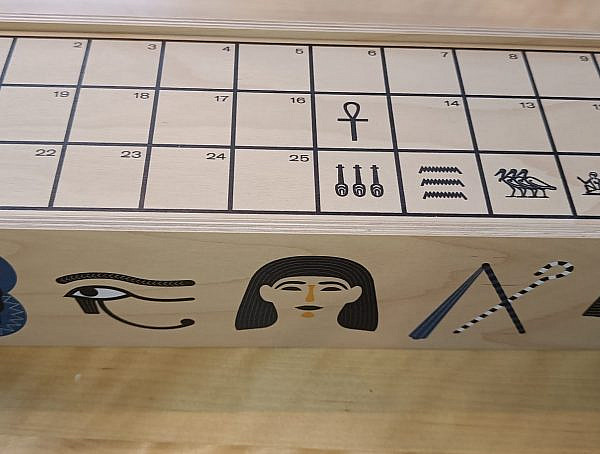Success in the field of games for health is a complex issue.
Jinghui Cheng, Cynthia Putnam and Jin Guo from DePaul University of Chicago studied the design practices of serious games for health in their article “Always a Tall Order”: Values and Practices of Professional Game Designers of Serious Games for Health.
Cheng and others were interested to find out what game designers of these kinds of games thought about their success in that area, the challenges they face, the tools they use and how they acquire their knowledge. According to the writers, serious games for health are games that, for example, aim to promote healthy behaviours, encourage exercise, support rehabilitation or improve the wellbeing of elders.
The research was done by interviewing 11 game designers that were working in the games for health field. Nine of the participants were from the United States, one from the Netherlands and one from the UK. The interviews were transcribed and analyzed by using grounded theory approach. Emerged themes were categorized as success, challenge, domain research and game evaluation methods, and tools used in design.
The results indicated that designers of games for health are user-centric and often problem-focused, games for health is a challenging area and success in it is a complex issue, and the tools used by designers are theoretical and conceptual.
User-centric means that the designers favored iterative design, empirical measurement and user involvement. To help them understand the domain and the target players, the designers used before- and after-prototype methods. Pre-prototype methods included getting support from subject matter experts, directly interacting with target players, and reading materials about the domain. After-prototype methods included playtests and formal research studies.
Focus groups or interviews with intended players of the game are important very early in the process, as the players usually have very specific health related conditions that might not be familiar to the designers. This lead to some designers putting a heavy emphasis on pre-prototype research and the needs of the player. The approach to challenges was very problem-oriented.
The challenges included finding balance between the serious content and engaging gameplay. Some users were not familiar with games and had stereotypical notions about games. In addition, games for health aim to have subtle or lasting effects to the player and that is hard to achieve or measure. Because of these challenges, success is a complex issue and the designers usually started defining success in relation to the multiple aspects of the project.
The designers judged their success in three categories: how well the game addressed the targeted health goals, the balance between engagement and effectiveness, and publicity of the game. The factors that influenced the success included direct interaction with target players, stakeholder communication and cooperation, successful game design choices, and iteration.
Finally, tools used to support the design were mostly theoretical frameworks and conceptual approaches, for example early prototyping methods. Physical or digital tools were hardly used but there was a need for information tools that would help with communicating with the stakeholders and understanding the subject matter.
Cheng and others feel that these results will help others to understand more about design of games as a purposeful media. However, this study focused on game designers’ past experiences instead of practices “in action” and a more long term study would be beneficial in supplementing this research. Future work could also include exploring the effect of different backgrounds on designers’ perspectives as well as exploring how the theoretical and conceptual tools could help the designers.
Source: Cheng, J.,Putnam,C and Guo, J. 2016. Always a Tall Order”: Values and Practices of Professional Game Designers of Serious Games for Health. In CHI PLAY ’16 Proceedings of the 2016 Annual Symposium on Computer-Human Interaction in Play. https://dl.acm.org/citation.cfm?id=2968081
Picture: Nurse Joy by Pascal https://bit.ly/2jEAhxb(CC0 1.0)
You might also like
More from Game Research Highlights
How do you want to do this? – A look into the therapeutic uses of role-playing games
Can playing RPGs contribute positively to your wellbeing? A recent study aims to find out how RPGs are being used …
Eldritch horrors and tentacles – Defining what “Lovecraftian” is in games
H.P. Lovecrafts legacy lives today in the shared world of Cthulhu Mythos and its iconic monsters. Prema Arasu defines the …
Are Souls Games the Contemporary Myths?
Dom Ford’s Approaching FromSoftware’s Souls Games as Myth reveals the Souls series as a modern mythology where gods fall, desires …















